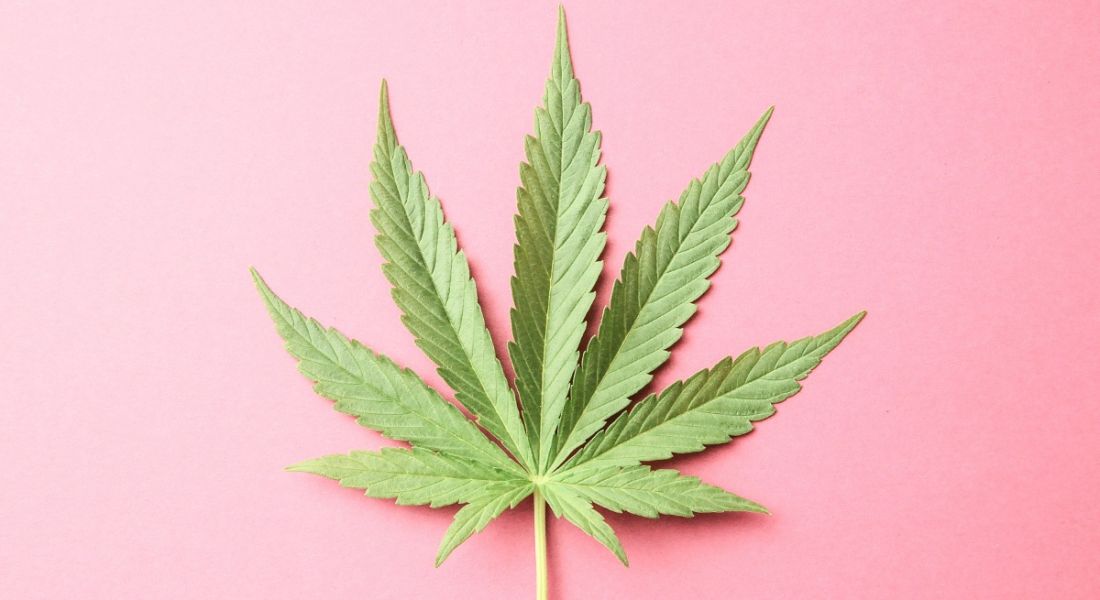Research from Serenity at Summit has delved into the question of whether workers feel comfortable disclosing recreational drug use.
What would you feel comfortable telling your colleagues at work, and what would you rather keep to yourself?
The answer varies wildly depending on who you ask. Some people are, personality-wise, more private than others. The answer may also depend on your office – the more formal the setting, the less you may feel comfortable getting overly familiar with those around you.
There are also a number of external factors influencing how much people do, or do not, disclose in a professional setting. Modern workplaces tend to be flatter in organisation and, therefore, more relaxed. Societal values are, as a whole, shifting pretty rapidly.
If you take recreational drugs, would you tell your colleagues? That may have been totally unthinkable 10 or 15 years ago and perhaps is totally unthinkable even now. Yet research conducted by Serenity at Summit has revealed that more than half (53pc) of workers surveyed had discussed their personal drug use at work.
The firm surveyed more than 1,000 employees in the US, all of whom consume drugs recreationally, to determine how they approach the subject in the workplace.
Serenity at Summit began by determining which subjects these workers found uncomfortable to bring up in a professional setting. The most awkward topic for workers was sex, which 59pc said was a topic they would not feel relaxed discussing in the office.
Almost half (49pc) of workers wouldn’t feel comfortable discussing religion at work, while a similar proportion (48pc) said they would feel awkward discussing politics.
Discussing regular drug use was not far behind – 43pc ranked it as an uncomfortable topic, which roughly aligns with the proportion of workers who had not disclosed their recreational drug use.
It was found to be a far more uncomfortable topic for workers than discussing salary (39pc), mental health (33pc), negative views of the workplace (30pc) and alcohol (23pc).
Changing cannabis laws
The drug that was found to be most commonly discussed at work was cannabis. This, the report concluded, could likely be attributed to the rate at which jurisdictions around the world are beginning to relax laws surrounding cannabis or even legalise it entirely, such as in parts of the US, where this survey took place.
In the US, it is quite common that workplaces would require their employees to pass a drug test during the recruitment stage, or even beyond. However, these aforementioned changes to cannabis law are throwing a spanner in the works of these anti-drug policies, particular in the case of people who have been issued medical marijuana cards. As of last year, at least nine US states now prohibit discriminating against medical marijuana users.
More than half of those surveyed said they felt comfortable discussing drug use due to the age of their colleague. This could possibly point to the idea that younger generations are perceived as having a more tolerant or relaxed attitude towards cannabis. While this survey doesn’t explicitly state that, a Pew Research study released in 2018 found that a staggering 74pc of ‘millennials’ (classed in this instance as those born between 1981 and 1997) believe cannabis should be legalised, compared to 54pc of the ‘boomer’ generation.
Consequences in the workplace
The vast majority (83pc) of people said that they haven’t experienced any negative consequences from discussing drug use in the workplace. Among the proportion who did, workers reported repercussions ranging from an official warning to being fired over their disclosure.
For many who elect to keep quiet, concerns over how they would be perceived came in highly among the reasons for not saying anything. More than a third (34pc) said people would think they were less trustworthy or that it would impact their chances of a promotion.
However, the top reasons were simply a view that it was an inappropriate topic (58pc) or that they didn’t want to disclose those kinds of personal details (45pc).




